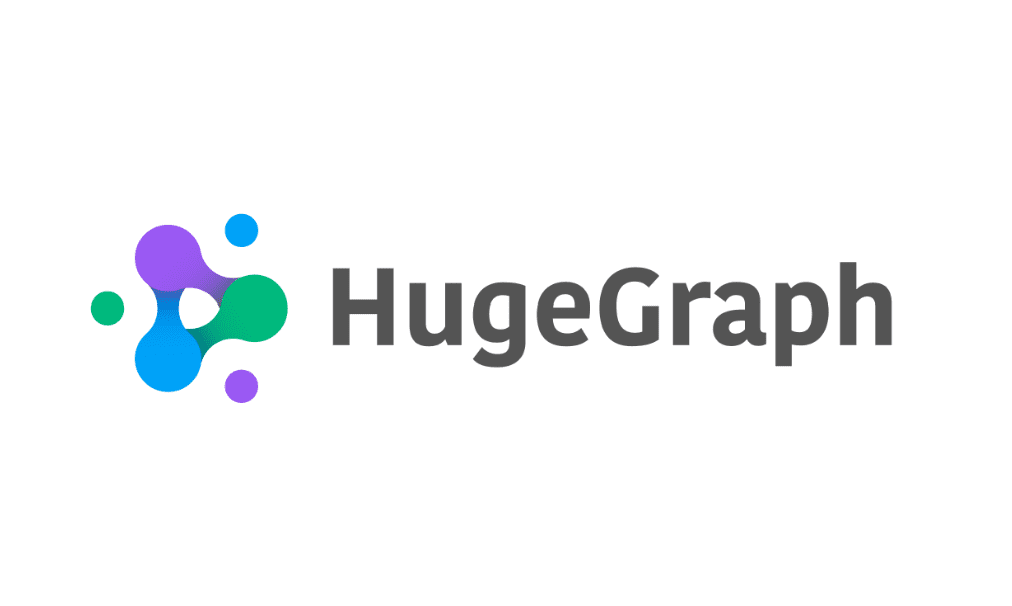
Apache HugeGraph, a leading high-performance graph database known for its ability to handle billions of vertices and edges with robust online transaction processing (OLTP) capabilities, has recently addressed several critical security vulnerabilities that posed significant risks to its users. The issues, affecting various components of the HugeGraph system, ranged from Server-Side Request Forgery (SSRF) to Remote Command Execution (RCE) and Authentication Bypass.

The Vulnerabilities in Detail
-
SSRF in Hubble (CVE-2024-27347): This Server-Side Request Forgery vulnerability turns your HugeGraph-Hubble instance into a potential tool for attackers. They could probe your internal network, launch attacks on other systems, or manipulate sensitive data.
-
Remote Command Execution (CVE-2024-27348): The most severe of the flaws, this vulnerability could allow hackers to completely take over your HugeGraph-Server. This grants them the ability to execute any malicious code they desire, potentially leading to widespread damage within your infrastructure. Users running Java 8 or Java 11 are especially at risk.
-
Authentication Bypass (CVE-2024-27349): Attackers can potentially sidestep your established security measures entirely if you’re running vulnerable HugeGraph-Server versions. This grants them unfettered access to your database – a critical breach.
Who Needs to Act
Organizations using any of the following should consider themselves affected and prioritize updating:
- Apache HugeGraph-Hubble: versions 1.0.0 through 1.2.x
- Apache HugeGraph-Server: Versions 1.0.0 through 1.2.x running specifically on Java 8 or Java 11.
Immediate Steps for Protection
-
The Only Fix – Upgrade: Installing Apache HugeGraph version 1.3.0 is the primary solution, as it includes patches for all three vulnerabilities.
-
Scrutinize Your Java Version: HugeGraph-Server users should ensure they’re running a supported version of Java. If using Java 8 or 11, upgrade and immediately enable the built-in authentication system.
-
Layered Defenses: For maximum security, configure the “Whitelist-IP/port” feature. This restricts access to your RESTful API, providing an additional barrier against unauthorized activity.
Why Urgent Action Matters
-
Your Data is Precious: Graph databases often hold sensitive information your organization relies on – customer data, intellectual property, or business-critical analytics. A breach could be devastating.
-
Ripple Effects: Your compromised systems could be turned against other targets, amplifying the damage and potentially implicating your organization in further attacks.
-
Recovery is Costly: Successfully responding to an exploit can lead to significant downtime, lost productivity, and reputational harm. Proactive measures prevent these headaches.